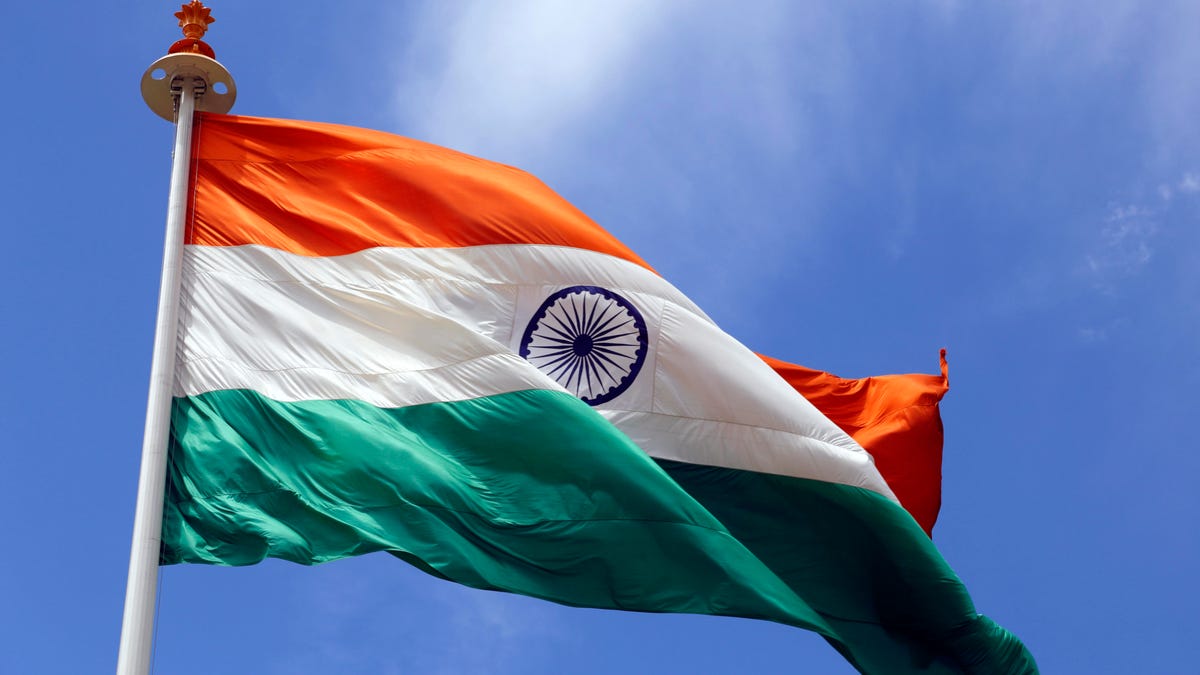Iron-clad net neutrality reportedly comes to India
There are some exceptions, but users must have equal access to legal online content for the same price and speed, according to The Times of India.

India has reportedly approved net neutrality rules.
India's Department of Telecommunications reportedly approved net neutrality rules on Wednesday, which require that all users must have equal access to legal online content at the same price and speed. The laws prohibit blocking, degrading, slowing down or giving preferential treatment to users, The Times of India reported.
India has long pushed for net neutrality laws, which follow the principle that all traffic on the internet should be treated equally. In November, the Telecom Regulatory Authority of India reportedly recommended that internet access in the country remain non-discriminatory, and that there be no throttling, blocking or preferential treatment.
"Any deviations and violations of the rules of net neutrality -- which come into effect almost immediately -- will be met with stiff penalties," Department of Telecommunications secretary Aruna Sundararajan told The Times of India.
The Department of Telecommunications didn't immediately respond to a request for comment.
There are some exceptions to the laws. New and emerging services like autonomous driving and telemedicine are exempt, as they could require faster internet, according to The Times of India.
In 2016, India's telecom regulator rejected a plan by Facebook to provide free access to certain Internet services controlled by the social network. The government stopped the program over concerns that Facebook violated net neutrality by providing only select online content for free.
In the US, net neutrality has been met with a different fate, as the laws were repealed last month. Some states, like California, are looking to pass their own net neutrality protections.

